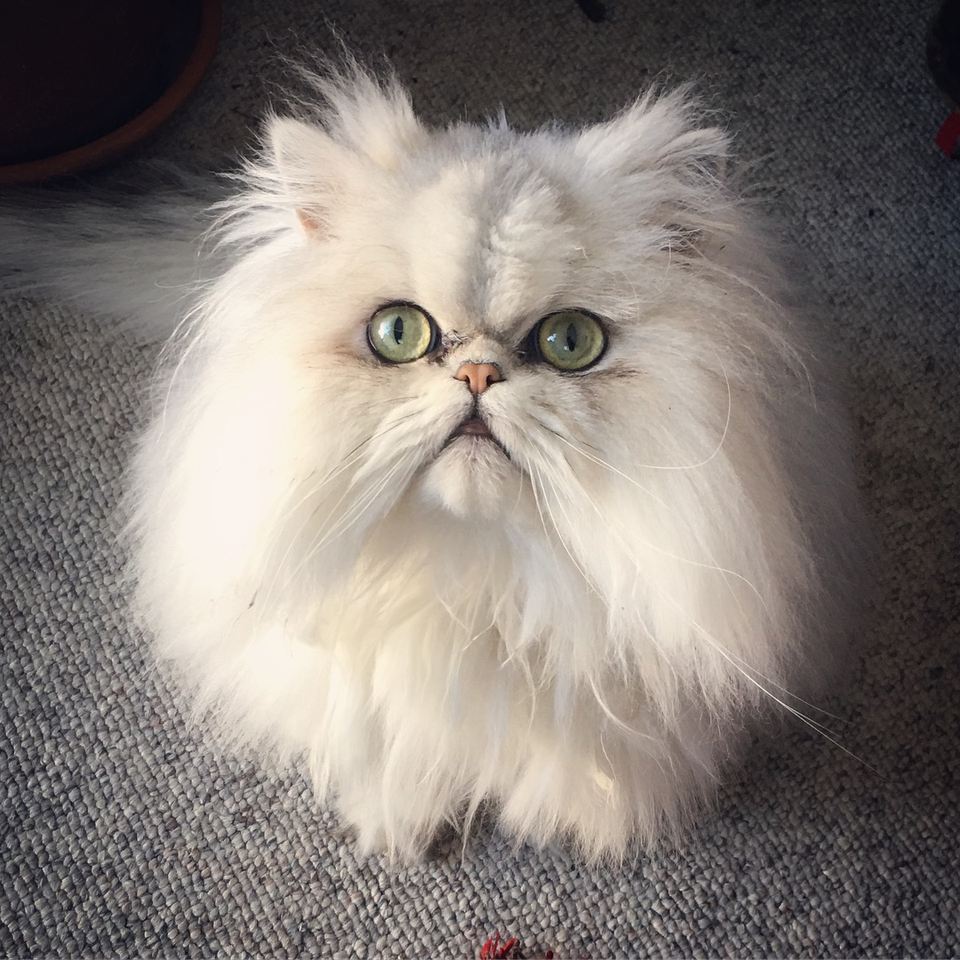Persian kittens are one of the most beloved cat breeds in the world, known for their luxurious fur and sweet personalities. If you're considering bringing a Persian kitten into your home, this comprehensive guide will cover everything you need to know about their care, characteristics, and valuable tips for new owners. Persian kittens not only make delightful companions but also require specific care to thrive in their environments.
In this article, we will delve into the history of Persian kittens, their unique traits, health considerations, grooming needs, and much more. Whether you are a seasoned cat owner or a first-time pet parent, understanding Persian kittens will help you provide the best care possible. So, let's get started on this exciting journey to learn about these charming felines!
From their distinctive flat faces to their affectionate nature, Persian kittens have captured the hearts of many. In addition to their beauty, they come with specific requirements that potential owners should know. This article aims to equip you with expert knowledge and insights, ensuring that you are well-prepared to welcome a Persian kitten into your home.
Table of Contents
- 1. History of Persian Kittens
- 2. Characteristics of Persian Kittens
- 3. Care and Maintenance
- 4. Health Considerations
- 5. Training Your Persian Kitten
- 6. Behavior and Temperament
- 7. Adopting a Persian Kitten
- 8. Conclusion
1. History of Persian Kittens
The Persian cat breed has a long and rich history dating back to the 1600s. They are believed to have originated in Persia, now known as Iran. Their distinct look, characterized by a flat face and long, flowing coat, made them a favorite among royalty and aristocrats. Over the years, the breed has evolved, but the essence of the Persian remains.
2. Characteristics of Persian Kittens
Persian kittens are known for their unique physical and personality traits that set them apart from other breeds. Here are some key characteristics:
- Appearance: Persian kittens have a round face, short muzzle, and large, expressive eyes.
- Coat: Their long, luxurious fur requires regular grooming to prevent matting.
- Temperament: They are generally calm, affectionate, and enjoy lounging around the house.
- Size: Persian kittens typically weigh between 7 to 12 pounds as adults.
3. Care and Maintenance
Caring for a Persian kitten involves several essential aspects. Below are key areas to focus on:
3.1 Grooming Needs
Due to their long fur, Persian kittens require regular grooming to keep their coats healthy and free from tangles. Here are some grooming tips:
- Brush your Persian kitten's fur daily to remove loose hair and prevent matting.
- Consider using a metal comb for thorough grooming.
- Regularly check and clean their ears and eyes to prevent infections.
3.2 Diet and Nutrition
A balanced diet is crucial for your Persian kitten's health. Here are some dietary guidelines:
- Choose high-quality kitten food that is rich in protein.
- Ensure access to fresh water at all times.
- Consult your veterinarian for recommendations based on your kitten’s age and health needs.
4. Health Considerations
Persian kittens are prone to certain health issues, so regular veterinary check-ups are essential. Common health concerns include:
- Respiratory Problems: Their flat faces can lead to breathing difficulties.
- Dental Issues: Regular dental care is necessary to prevent tooth decay.
- Kidney Disease: Persians are at risk for renal issues, so hydration is crucial.
It's important to monitor your kitten's health and consult with a veterinarian if you notice any unusual behaviors or symptoms.
5. Training Your Persian Kitten
Training is an important aspect of raising a well-behaved Persian kitten. Start with basic commands and litter training. Here are some tips:
- Use positive reinforcement techniques, such as treats and praise.
- Be patient, as Persian kittens may take longer to learn compared to other breeds.
- Socialize your kitten early to help them become comfortable around people and other pets.
6. Behavior and Temperament
Persian kittens are known for their calm and gentle demeanor. They are typically affectionate and enjoy spending time with their owners. Here are some behavioral traits:
- They prefer a quiet environment and may become stressed in chaotic situations.
- Persians are not as active as some other breeds, often enjoying leisurely playtime.
- They form strong bonds with their owners and may follow them around the house.
7. Adopting a Persian Kitten
If you're considering adopting a Persian kitten, it's important to choose a reputable breeder or rescue organization. Here are some tips for a successful adoption:
- Research breeders and read reviews to ensure they prioritize health and ethical practices.
- Ask about the kitten's health history and any vaccinations.
- Consider adopting from a shelter where many Persian kittens are in need of loving homes.
8. Conclusion
In summary, Persian kittens are a wonderful addition to any household, bringing beauty and affection into your life. By understanding their history, characteristics, and care requirements, you can create a nurturing environment for your new furry friend. If you're ready to welcome a Persian kitten into your home, be sure to do your research and prepare accordingly. Don't forget to share your thoughts in the comments below and check out our other articles for more pet care tips!
We hope this guide has provided you with valuable insights into the world of Persian kittens. Remember, a happy and healthy kitten starts with informed and loving care. Thank you for reading, and we look forward to seeing you back on our site for more engaging content!




